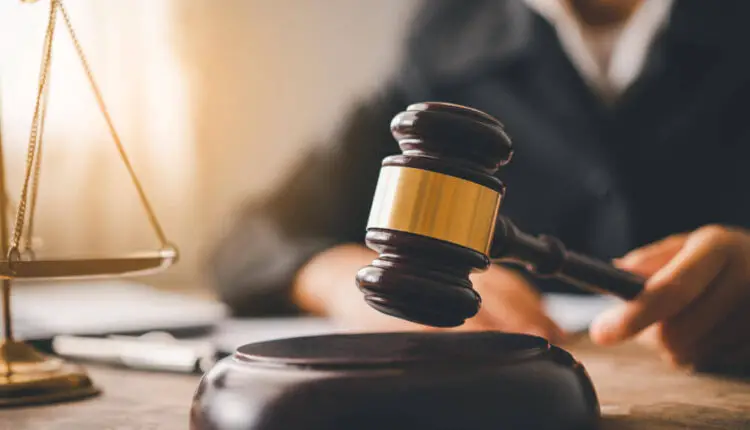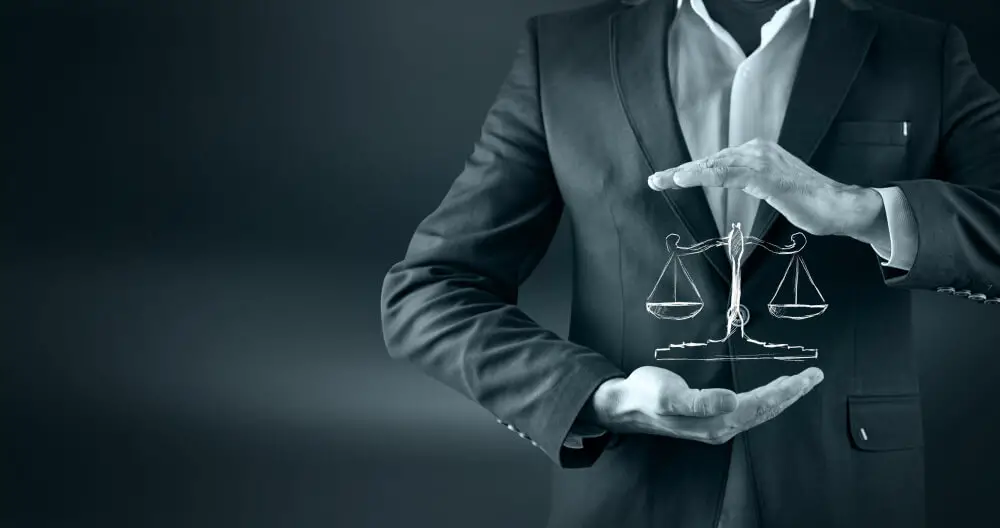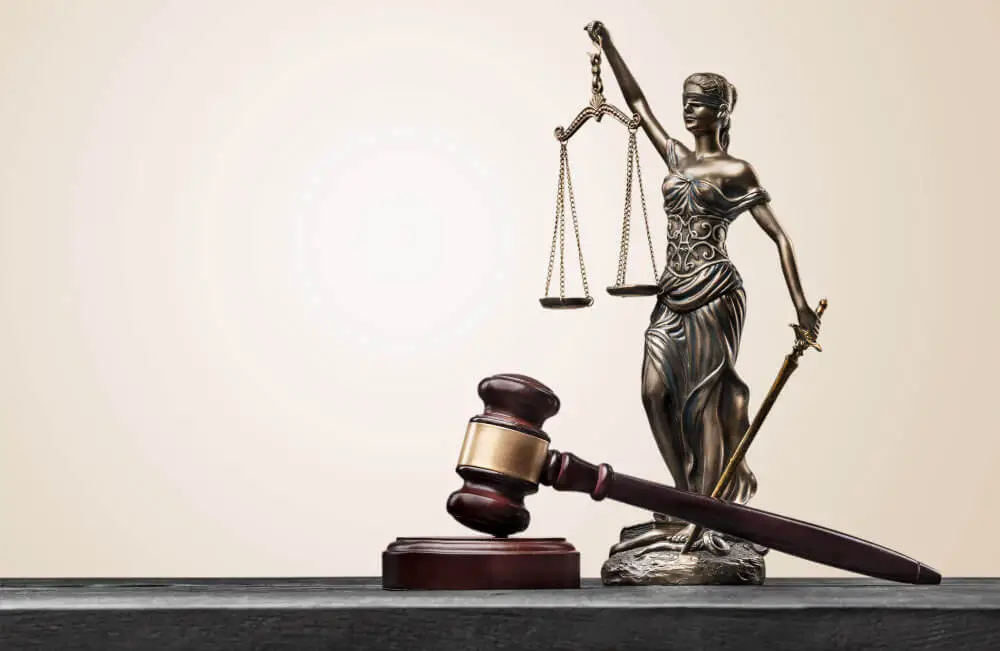
Do You Need a Lawyer to Press Charges? Here’s What You Should Know
The contents of this web page are for informational and educational purposes only, and nothing you read is intended to be legal advice. Please review our disclaimer before taking action based upon anything you read or see.
The short answer is no; you do not need a lawyer to press charges. But on the other hand, pressing charges with the aid of a lawyer will offer you the merits of professionalism. In all, you can press charges without the aid of a lawyer. And this post will give you a proper guide on handling this.
Generally, you can press charges through a bill of information and preliminary hearing or with a grand jury indictment. In the federal system, you must press charges through indictment. On the state level, you can use either the bill of information and preliminary hearing or the indictment option. Their main goal is to set up a probable cause for prosecution. Come along as we elaborate more on this below.
How to Press Charges without a Lawyer

As earlier highlighted, you can press charges without a lawyer. The steps involved include:
1. Consulting with the right authorities
The first step on how to press charges without a lawyer entails reporting the incident to the right authorities, such as the police. This is a valid step, as they must investigate the situation and make formal reporting.
2. Gather the essential evidence
The next step entails gathering the essential evidence to support your case. Statements from witnesses, pictures, and video clips will also suffice for presentation in court.
3. Choose the right court for your case
The nature of the charges you are filing will determine the type of court you will opt for. A criminal court will be appropriate for criminal cases, while a civil court will be your best option for cases relating to family law, divorce, or workplace violence.
4. Create a suitable draft for your charges
This step is crucial as it can determine the outcome of your case. The draft of your charge should be detailed and contain suitable supporting evidence materials. It should also be devoid of any errors or assumptions. The allegation you are pressing charges for should also be outlined concisely and straightforwardly. This will help the court to understand your assertions easily and judge accordingly.
5. File your complaint
The next step entails filing the charges through the court clerk. At the point of filing, you will also need to pay some legal fees, although this depends on the severity of the charges. The court clerk will guide you through the filing and payment process. And if there are any areas you need clarification, it’s best to avoid assumptions and dialogue with the court clerk.
5. Serving the defendant
After successfully filing charges through the court clerk, it’s also essential to serve a copy of the filing to the defendant. This will serve as a formal notice to the defendant so he can prepare for the court hearing.
6. Court hearing
The next step entails the court hearing session. At this time, the judge will review your filing and cross-examine the defendant. The evidence from you, the defendant, and other parties will also be reviewed now. Furthermore, depending on the judge’s final decision, the defendant may be granted bail or remanded to prison custody.
7. The appeal process
If you or the defendant are not satisfied with the case’s outcome, you can file for an appeal on the case before a higher court.
Reasons to Press Charges without a Lawyer

As earlier highlighted, you can successfully press charges without a lawyer. Some reasons to opt for this include:
I. Expensive legal fees
The first reason why many individuals press charges without a lawyer is due to the expensive legal fees involved. Although the legal fees will depend on the lawyer and the complexity of your case, it’s best to skip getting a lawyer if you are working with a limited budget.
II. Lack of competence
Sadly, many individuals who do not do proper legal research usually opt for lawyers with the right expertise to handle their cases. And in the end, they usually get an unfavorable outcome for the case.
III. Full control of the case
Hiring a lawyer to press charges on your behalf will allow them full control of your case. On the other hand, opting for DIY will make you fully in charge of the process. Rather than hiring the full services of a lawyer, you can seek unofficial advice from them regarding your case.
IV. Conflict of interest
When you contract a lawyer to press charges on your behalf, the process may become jeopardized if the lawyer has links with the defendant. Thus, it’s best to press charges yourself to prevent conflicting interests.
My Opinion
You can press charges without the aid of a lawyer, as highlighted above. To increase your chances of success, it’s best to speak with individuals who have used this option. Furthermore, you can research extensively using online resources or local law libraries. This will aid you in taking the right steps and achieving success.
References
- Criminal Law (Defense and the Dwelling) Act: https://www.irishstatutebook.ie/eli/2011/act/35/section/2/enacted/en/html#sec2
- Eisenberg, Theodore; Miller, Geoffrey P.; Attorney Fees in Class Action Settlements: https://scholarship.law.cornell.edu/facpub/356/

I’m a driven and accomplished law graduate and post-graduate, passionate about sharing my legal expertise via my blog. I hold a Bachelor’s degree in Law from the University of London (UK) and a Master’s in Law from the University of Derby (UK). Both gave me the foundational knowledge and skills to excel in my chosen career path.
Throughout my academic journey, I have gained extensive knowledge in various fields of Law, including Corporate and Business Law in the USA, Criminal Law, International Law, US Copyright law, and most importantly, American Constitutional law.


Comments are closed.